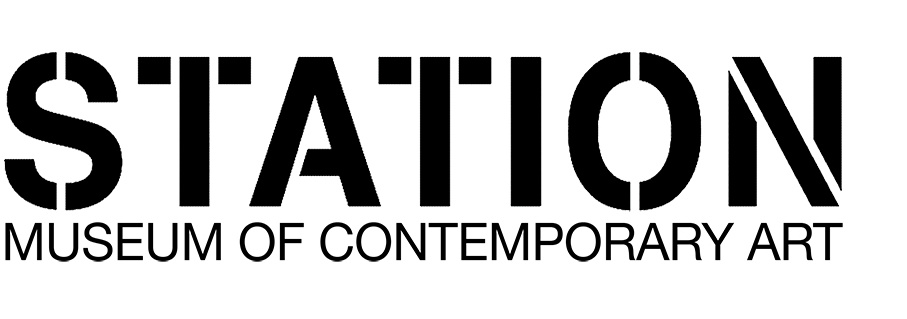
- 1502 Alabama St.
- Houston, TX 77004
- USA
- 713-529-6900
- station.museum.houston.tx@gmail.com
- Closed Monday & Tuesday
- Open Wednesday - Sunday, 12PM - 5PM
- Free Admission!

If the essence of art is freedom of expression, then framed in the context of its national legacy of al Nakba, Palestinian art is essentially an expression of freedom denied.
Since the 14th Century BC invasion by the Hebrews, a group of Semitic tribes from Mesopotamia, and the Philistines, an Aegean people of Indo-European stock, the Holy Land has always had a diverse indigenous population that came to include, with the advent of Christianity and later Islam, followers of all three monotheistic religions. The early Zionists – proponents of the late-nineteenth century European political movement established to infuse the religion of Judaism with nationalistic ideology – coined and adopted the slogan ‘A land without a people for a people without a land’, willfully denying the very existence of the indigenous population of Palestine. How else could they hide from the world the immorality of ethnically cleansing Palestine of enough of its Christians and Muslims to create a Jewish majority and transform secular Palestine into a Jewish state?
Later, in 1917, even as he unwittingly discredited the Zionist falsehood of a land without a people, Arthur Balfour, then-foreign secretary of Britain, still egregiously slighted the Palestinian Christians and Muslims in his infamous Balfour Declaration, when he relegated 92% of Palestine’s population to the status of ‘the non-Jewish communities.’
Then on June 15th, 1969, Israeli Prime Minister Golda Meir attempted to re-create the unsustainable myth when she told London’s Sunday Times: “There is no such thing as a Palestinian people… It is not as if we came and threw them out and took their country. They didn’t exist.”
But a decade later, as reported by the New York Times on October 23rd, 1979, Yitzhak Rabin acknowledged in his memoirs that he had personally partaken in expelling non-Jewish Palestinians from their homes under orders from David Ben Gurion, Israel’s first prime minister, during what Israel calls its War of Independence, and what Palestinians call al Nakba, the catastrophe.
Through all the lies and deception, the continued survival of the Palestinian people, both indigenously in their ancestral homeland and in their diaspora, is living testimony to their determination to regain their rightful place among the nations of the world by reclaiming their inalienable human rights, including their right to freedom and self-determination in their ancestral homeland.
Tarif Abboushi